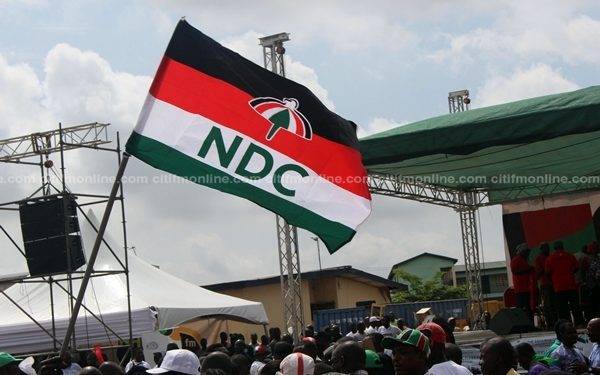In a rapidly evolving political landscape, the National Democratic Congress (NDC) has emphasized a commitment to implementing progressive policies aimed at fostering social equity and economic stability. However, amidst growing concerns regarding a financially strained economy, a pressing question emerges: where will the funding for these ambitious initiatives come from?
The challenges confronting the economy are significant. A combination of mismanagement, external economic pressures, and the lingering effects of global events has left many citizens questioning the sustainability of new policy implementations. The NDC’s promises of reforms in education, healthcare, and infrastructure are commendable, but without a clear financial roadmap, they risk becoming mere rhetoric.
To address these challenges, it's essential to explore potential funding sources for these progressive policies. Firstly, revisiting the structure of taxation could yield significant revenue. While tax reforms can be contentious, there exists ample scope to create a more equitable system. By broadening the tax base and ensuring that high-income earners contribute their fair share, the government could increase available resources for essential public services.
Moreover, efficiency in public spending is crucial. Stripping away wasteful expenditures and reallocating these funds towards more impactful programs could help alleviate some economic strain. Conducting a thorough audit of government spending and prioritizing projects that directly benefit the citizenry should be a cornerstone of the NDC's financial strategy. This approach not only maximizes existing resources but also builds public trust in the government’s commitment to responsible fiscal management.
Investing in local industries can also provide a dual benefit of economic growth and job creation. By supporting local businesses and startups, the NDC can stimulate the economy from the ground up. Government grants, low-interest loans, and vocational training programs can empower entrepreneurs, leading to increased job opportunities and a more resilient economic structure.
Additionally, foreign direct investment (FDI) can play a pivotal role in funding progressive policies. By creating a conducive environment for international investors, the government can attract capital that supports infrastructure development and public services. This strategy requires a robust legal and regulatory framework to ensure that investors feel secure and are motivated to contribute to the local economy.
Public-private partnerships (PPPs) represent another avenue for funding essential projects. Collaborating with private entities can ease the burden on public finances while delivering much-needed services and infrastructure. The key is establishing transparent and fair agreements that prioritize the public interest.
Lastly, international assistance and grants, especially in times of crisis, should not be overlooked. Many global organizations and countries offer financial support for progressive initiatives that align with their developmental goals. Crafting proposals that resonate with these entities can lead to partnerships that bolster funding for vital programs.
In conclusion, while the NDC has laid out an ambitious agenda rooted in progressive policies that could greatly benefit society, the success of these initiatives hinges on the government’s ability to navigate the complexities of a fragile economy. By exploring diverse funding sources, fostering local industries, enhancing taxation systems, and partnering with the private sector, the government can turn its vision into reality. It is crucial for the NDC not only to promise change but to substantiate those promises with actionable and sustainable financial strategies that prioritize economic recovery and social equity.




No comments yet
Be the first to share your thoughts!